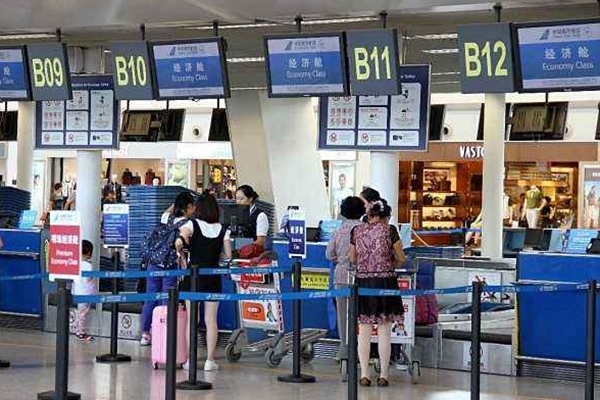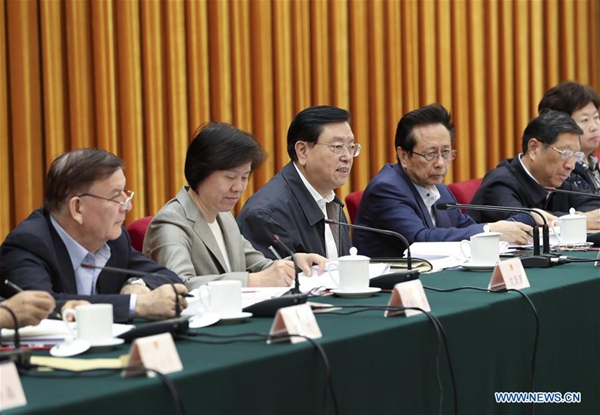Remarks at the Healing Foundation Bringing Them Home Breakfast
PRIME MINISTER:
I want to thank Aunty Matilda for her welcome to country and acknowledge we are on Ngunnawal and Ngambri land and pay my respects to elders past and present.
Thank you Professor Ngiare Brown for your leadership today and as a member of the Indigenous Advisory Council.
I want to acknowledge Senator Nigel Scullion, the Minister for Indigenous Affairs, the Honourable Ken Wyatt, Minister for Aged Care and Indigenous Health, Bill Shorten, Leader of the Opposition and all other Members of Parliament, ministerial colleagues, and especially the Honourable Linda Burney, Member for Barton, Senator Malarndirri McCarthy, Senator Pat Dodson and Senator Jacqui Lambie.
I want to also acknowledge Richard Weston, the Chief Executive of the Healing Foundation and of course Mick Dodson, one of the authors of the Bringing Them Home Report.
This week we honour those milestones that helped the nation chart a course towards reconciliation – the 50th anniversary of the 1967 Referendum, 25 years since the Mabo High Court decision and 20 years, as Mick reminded us, since the Bringing Them Home report.
Today, we again acknowledge the Stolen Generations – those Aboriginal and Torres Strait Islander children who were forcibly removed from their parents simply because they were Aboriginal.
Again we say sorry.
We acknowledge that this removal separated you from your families, from your lands and your languages and cultures that for 50,000 years your ancestors had protected and cared for.
We acknowledge the continuing deep personal pain that affects your lives and those of your families.
This is a period of our history where loss and grief almost consumed a people.
As Prime Minister, I had a window into both this loss and grief, but also the survival and resilience, in a very real way early last year.
In preparing the first Closing the Gap speech that I gave as Prime Minister I wanted to show my respect to the original inhabitants of this land by speaking in language. I wanted to show the richness and diversity of the culture of our First Australians – something of which I believe we should all be proud of.
While working with the Bell family and the Ngunnawal language group here in Canberra, and one of the linguists from the Australian Institute of Aboriginal and Torres Strait Islander Studies, I was told: “We have lost many words. Only fragments remain, but those are cherished and they’re being recovered, drawn out from all of that loss and built patiently together, rebuilt with research.”
And so for the first time as Prime Minister I was able to speak in the House of Representatives in the language of the original inhabitants of this place.
Yanggu gulanyin ngalawiri, dhunayi, Ngunawal dhawra. Wanggarralijinyin mariny bulan bugarabang.
I realised that not only had Aboriginal people been denied the right to their families, but we had denied them the right to their stories, their songs, their culture, their language.
And all Australians lost from that.
The Ngunnawal language group here in Canberra have recovered enough language to write some children’s and other short books in language.
One of those remnants was a lullaby, an old Aboriginal woman remembered more than a hundred years ago.
And this is some of what the old lady remembered:
Nudula nindi wurula bulu i bulu gun wurula bulu nura dula…nuru wurula guni
I am rocking you slowly skyward…singing.
It is heartbreaking to read those words – to speak them – knowing that a little baby was rocked to sleep by a mother who wanted no more than that her baby should be safe, comforted with a lullaby in her own tongue.
But that little baby was far from safe – nor was her mother, nor was the language in which she sang.
Yes, loss, but this is also a story of survival.
And over the years, many of you here have bravely told your stories, as Mick reminded us, including to the writers of the original report.
You stepped forward to hold a mirror up to our nation, for truth is the first step towards healing.
So I want to acknowledge the hard work, the emotional work, of co-commissioners Mick Dodson and the late Sir Roland Wilson, their staff and so many others.
Thank you to the Healing Foundation’s Stolen Generations Reference Committee for your work on the action plan for healing being presented today, two decades on from the Bringing Them Home report.
In 2008, Prime Minister Rudd delivered the National Apology to the Stolen Generations and their families. Your stories were no longer questioned. Your pain was acknowledged, recognised.
On behalf of the nation we said sorry – you graciously held those long awaited words in your hearts.
But there is much unfinished business. And today’s report will guide us on the progress we are yet to make. As our Stolen Generations members’ age, your needs are changing.
We will carefully consider the recommendations, and I want to thank you, all of you who contributed.
In acknowledging the trauma of the past, we also look to the future with hope and optimism.
We have Indigenous scholars, doctors, pilots, politicians, ministers. People proud of their identity.
Together, we are building a country where our Indigenous children are limited only by their imagination.
Tomorrow we will welcome 50 Young Indigenous Parliamentarians into the building.
We can show Indigenous children from Cape York to Ceduna, from La Perouse to Broome that they can be anything they set their mind to. That the equality denied to you, the Stolen Generation because of your Aboriginal identity, will not be denied to the children of today.
And as Prime Minister, I will continue to acknowledge that being Aboriginal and a Torres Strait Islander Australian means to be successful, to achieve, to have big dreams and high hopes, and to draw strength from your identity as an Indigenous person in this great country.
So thank you for this report, thank you and above all, thank you for the gracious way that you have walked with us to heal these wounds as we build a reconciled nation.
Thank you.
[ENDS]


